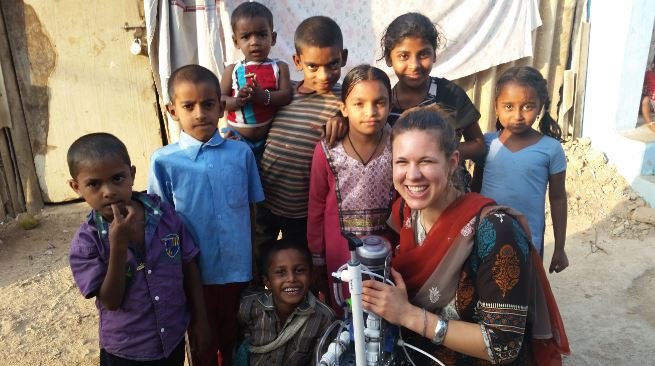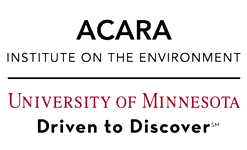Master’s Sustainable Development Program (MSDP)
The Department of Civil, Environmental, and Geo- Engineering at the University of Minnesota is pleased to offer a Master's Sustainable Development Program for students concentrating in Environmental Engineering or Water Resources Engineering.
The innovative program is a partnership with the University’s Acara program in which students spend the fall semester at UMN, carry out a nine-month project abroad (between January and December), and then return to complete the program with a spring semester at UMN.
(A former partner of Peace Corps Master’s International. The Peace Corps retired the program in 2016.)

Application processes and deadlines
Applications received after the deadline will be evaluated on a rolling basis (that is, as they arrive) while space is available.
-
On-campus prior to International Experience
While on campus at UMN the MSDP curriculum covers environmental engineering and water resources engineering courses aimed at understanding and improving conditions globally, including in developing countries. During the semester, the program coordinators meet regularly with participants to establish an esprit de corps among participants. -
On International Assignment
Students spend nine consecutive months working on an international project based on their interests. Students may (1) pilot their own solution developed in Acara courses to address a social or environmental problem abroad, (2) pursue a project with an existing organization abroad (programs that may be of interest to students include Engineers Without Borders, Innovative Engineers, and Acara), or (3) conduct an international research experience abroad.
